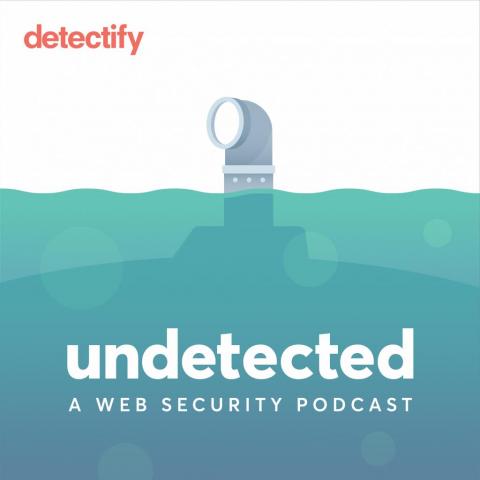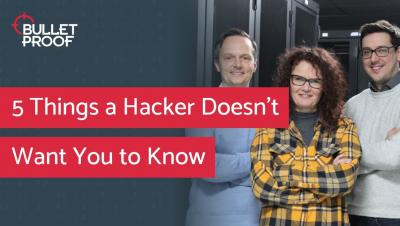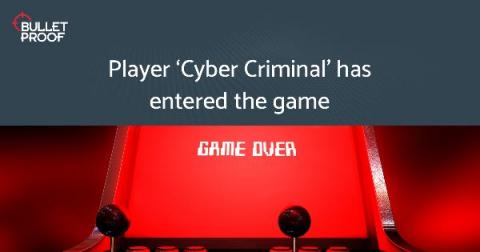Security | Threat Detection | Cyberattacks | DevSecOps | Compliance
Hacking
Undetected podcast e.01 recap: The evolution of web security and hacking
In the pilot episode, Laura is joined by Detectify co-founder Johan Edholm. He co-founded the company back in 2013, and is still involved with the organization today by managing the technical infrastructure in the clouds. We don’t want to give away too much, but there are some things said that are just too good to not be highlighted and we’ve summarized of some of the conversation.
5 Things a Hacker Doesn't Want You to Know
What is Ethical Hacking?
Hacking and hackers are popular topics that are known and uttered by almost everyone, yet ethical hacking is rather a mystery to most. In this article, we will explain what it is and how it can be beneficial for your organization.
Undetected E01, Johan Edholm - Evolution of hacking; Web Security to companies of all sizes.
Guest blog: streaak - my recon techniques from 2019
Detectify Crowdsource hacker Akhil George, aka streaak, is a full-time student who chases bug bounties during his free time. His hacking interests started with CTF competitions and eventually shifted to bug bounties, gaining him recognition abroad including this report from NBC. Our Crowdsource guest blogs give readers an inside look into the mind of an ethical hacker, this month’s contribution goes on to discuss the recon techniques streaak used in 2019.
Workplace design tips to help deter hackers
31 percent of companies in the USA have been subjected to cyber attacks and 43 percent of those attacks were aimed at small businesses. When workplaces are designed with cybersecurity in mind, the odds of breaches will decrease. This is good news, because some breaches have the capacity to put companies out of business. These workplace design tips will make it simpler to keep hackers out of workplace networks.
How to Get a Finger on the Pulse of Corporate Networks via the SSL VPN
Detectify Crowdsource hacker, Alyssa Herrera, is a full-time bug bounty hacker and web application security researcher who works to protect organizations. She was one of several Crowdsource hackers to submit a working proof of concept for File Disclosure in Pulse Secure Connect (CVE-2019-11510). This guest blog post will walk through how she developed an exploitable-payload for this vulnerability.
Hacker prevention: tips to reduce your attack surface
These days it seems that every time you open your favorite news source there is another data breach related headline. Victimized companies of all sizes, cities, counties, and even government agencies have all been the subject of the “headline of shame” over the past several months or years.
Gamers risk getting played by hackers
If you’re in your mid-twenties or beyond, you will be familiar with people at family gatherings saying ‘remember when we didn’t have all these gadgets, and we used to actually talk to each other?’ The answer to this is ‘no’ – the level of conversation has remained largely unchanged, it’s just now we have gadgets and gizmos to occupy our attention during these moments of strained silence. I put it down to the Mandela effect.










